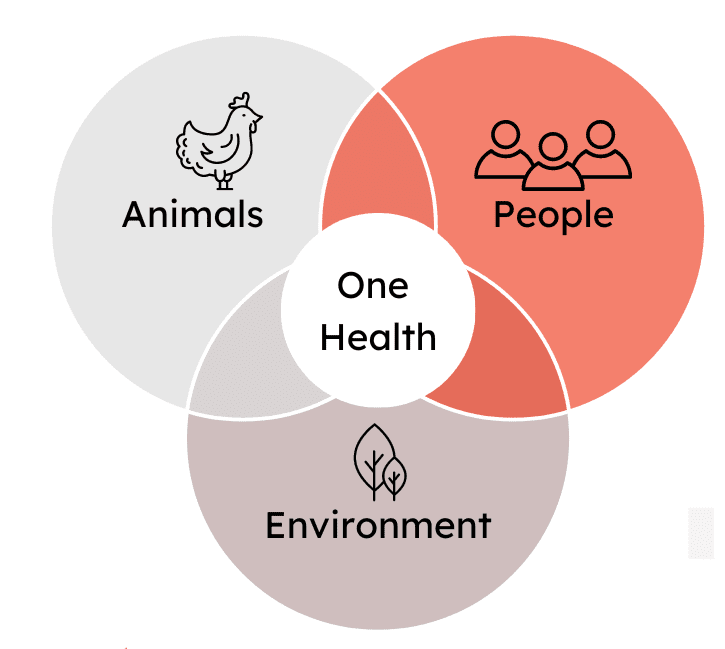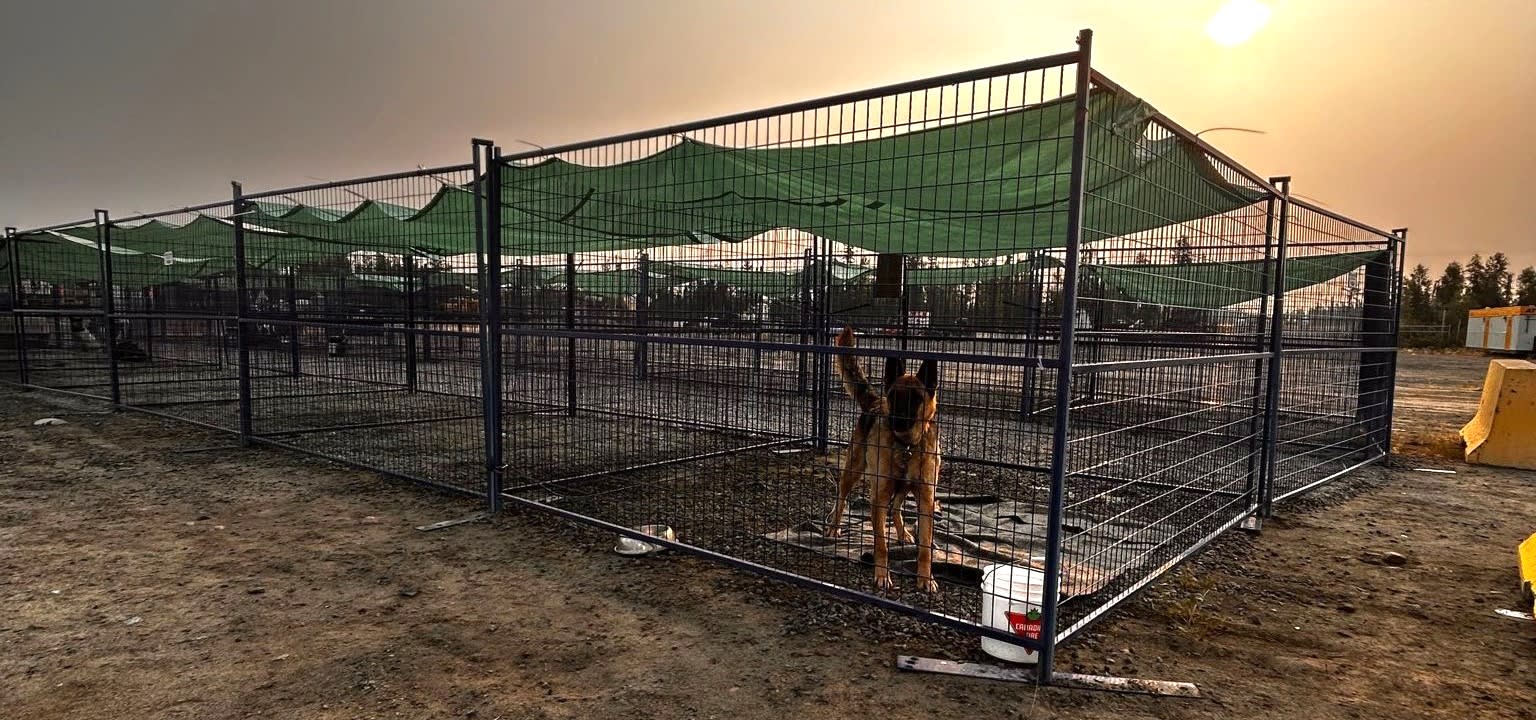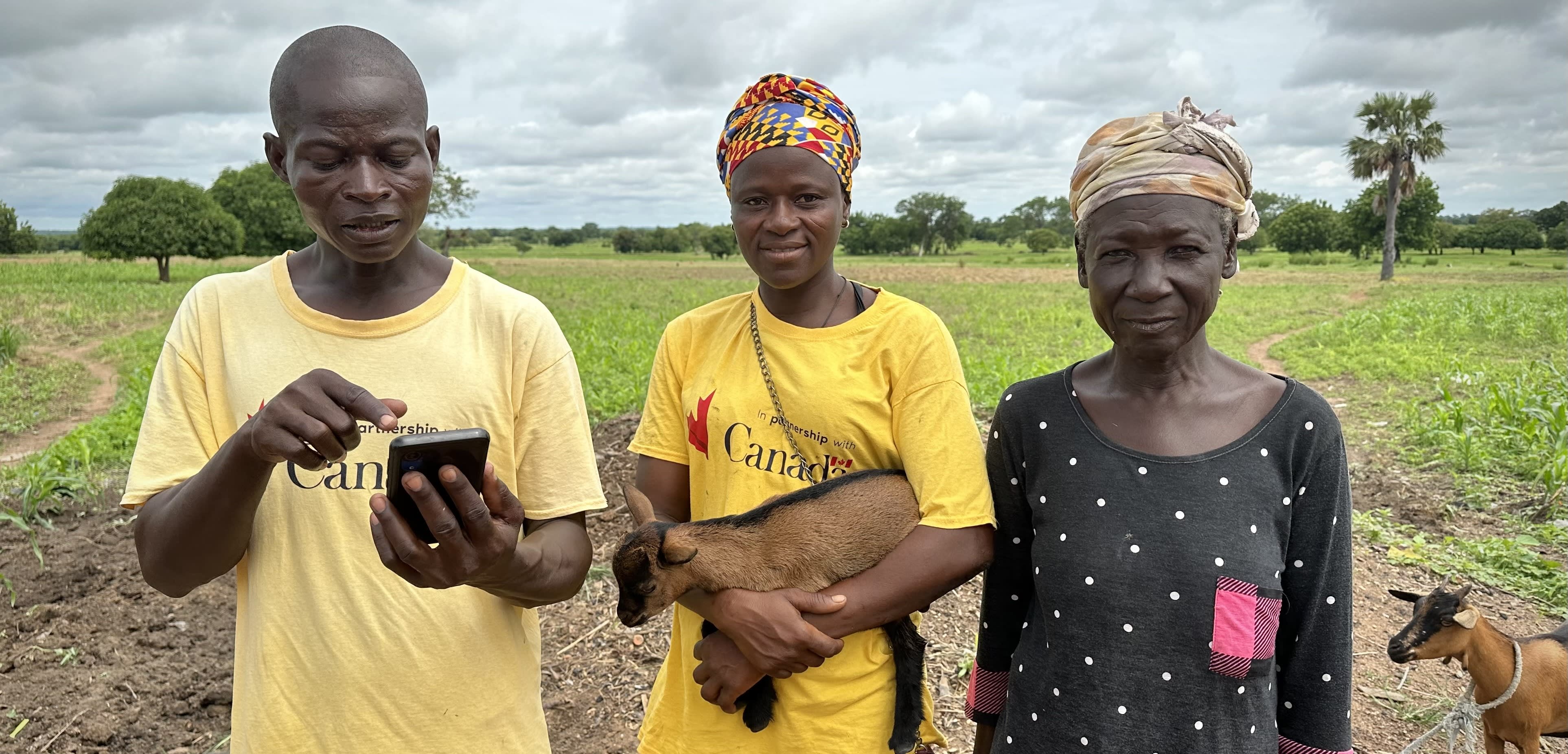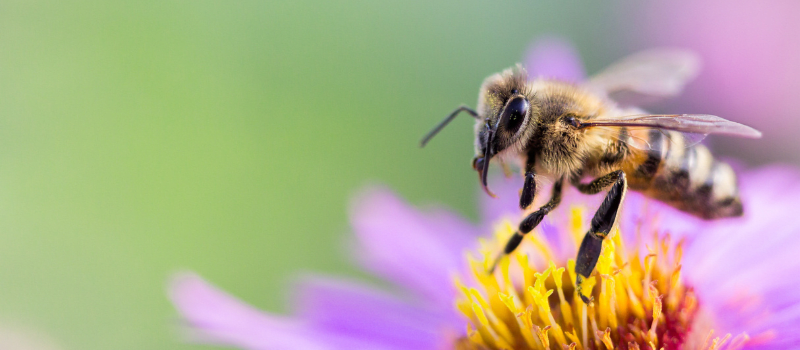This article was written by Dr. Anna MacKay (DVM, MSc), Former National Manager and Project Director at the Canadian Food Inspection Agency. Anna is on the Board of Directors with Veterinarians Without Borders North America/Vétérinaires Sans Frontières Amérique du Nord Canada.
May 22nd marks the International Day for Biological Diversity, a pivotal global observance that highlights the critical importance of biodiversity in sustaining life on Earth. Proclaimed by the United Nations in December 2000, this day stands as arguably the most important day of the year, underscoring our interconnectedness with nature.
The critical need for biodiversity
Biodiversity is not merely a measure of the variety of life on Earth but the very foundation of human health and critical for sustainable development. Over the 20th century, global biodiversity has seen a decline estimated between 2 to 11% according to a large multi-model study published in Science. This decline underscores the urgency for collective action to conserve, restore, and protect our biological wealth. When biodiversity is threatened, the stability of humanity and the resilience of ecosystems are also at risk, increasing our vulnerability to environmental changes and natural disasters.
 Human impact on biodiversity
Human impact on biodiversity
The primary threats to biodiversity, as identified by the scientific community, include climate change, pollution, habitat loss, overexploitation of species, and the spread of invasive species. These threats are predominantly caused by human activities and pose significant risks to the diversity of life forms and ecosystems that contribute to our planet's health and resilience.
VWB's role in preserving biodiversity
As a board member of Veterinarians Without Borders (VWB) since 2017, I am proud to highlight how VWB actively participates in this crucial observance. Our organization's efforts are deeply rooted in the One Health model, which seeks to holistically create healthy animals, healthy people, and a healthy environment vital to our sustenance. VWB focuses globally on several key issues, including rabies control, advocating for equality, training community animal health workers in underserved regions lacking veterinary services, and responding to disasters where animals and people are affected.
Witnessing and responding to climate change
In the past five years, VWB has escalated its involvement in numerous emergency responses related to climate change-induced disasters. From handling droughts in South Sudan to earthquakes in Turkey and Syria, and wildfires in Maui and Northern Canada, VWB and its volunteers have been on the ground witnessing extreme temperatures and responding to the urgent needs of the community and their animals. These events demonstrate the significant impact of climate change on biodiversity by destroying habitats, leading to species loss, and disrupting ecosystems.

PHOTO: Evacuated dog in an emergency shelter during the 2023 wildfires in Behcheko, Yellowknife, Northwest Territories.
The zoonotic disease connection
The loss of biodiversity poses a significant threat to public health, as evidenced by its potential to expand zoonotic diseases—those transmitted from animals to humans. Various emerging zoonotic diseases, such as Avian Influenza, Ebola, Middle East respiratory syndrome (MERS), and the COVID-19 pandemic caused by SARS-CoV-2, have underscored the critical interplay between wildlife health and human health. Acknowledging this interconnectedness, VWB collaborates closely with One Health partners to prevent, prepare for, and effectively respond to zoonotic epidemics and emerging infectious diseases.

PHOTO: Through VWB's VETS program, Community Animal Health Workers in Ghana are trained to use the FAO Mobile App to report and treat livestock disease.
Global collaboration for biodiversity
With the adoption of the Kunming-Montreal Global Biodiversity Framework agreement in December 2022, a set of key objectives for 2050 and immediate targets for 2030 were established to address the alarming decline in biodiversity. Achieving progress by 2030 is crucial for realizing the long-term vision of living in harmony with nature by 2050. By raising awareness, promoting understanding, and fostering collaboration, the International Day for Biological Diversity serves as a catalyst for collective action in safeguarding our biological heritage.
Be part of the plan
The theme of International Day for Biological Diversity 2024 is “Be Part of the Plan”. This is a call to action for all stakeholders to halt and reverse the loss of biodiversity by supporting the implementation of the Biodiversity Plan. The Biodiversity Plan offers opportunities for cooperation and partnerships among diverse actors. Governments, indigenous peoples and local communities, non-governmental organizations, lawmakers, businesses, and individuals are encouraged to highlight the ways in which they are supporting the implementation of the Biodiversity Plan.
Everyone has a role to play. By utilizing hashtags like #BiodiversityDay, #PartOfThePlan, and #ForNature, we can amplify our voices and mobilize support for biodiversity conservation across social media platforms.
Final thoughts
On this International Day for Biological Diversity, let's reaffirm our commitment to nurturing the intricate web of life that sustains us all. Together, we can make a difference in preserving our planet's biological diversity for future generations.





